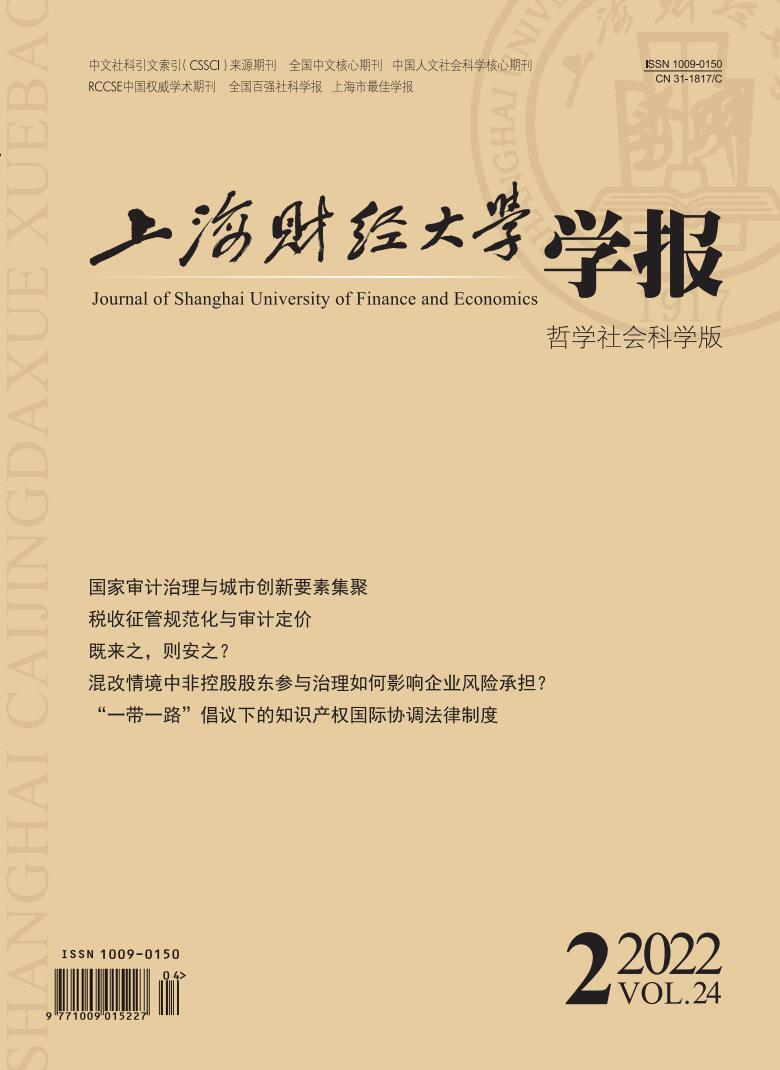As an important pillar of the economy on socialism with Chinese characteristics, the operation and survival of SOEs is closely related to the stable operation and structural layout of the national economy. The mixed-ownership reform in the direction of promoting “reform” by “mixing” is the key to the success of SOEs’ reform. Consequently, how to efficiently exert the governance effect of heterogeneous non-controlling shareholders is becoming to invite popular attentions of scholars and practitioners.
Based on the manually collected dataset of the top ten shareholders of China’s A-share listed SOEs and POEs from 2007 to 2018, this paper constructs an index from the three dimensions of “equity governance” “top-level governance” and “network governance” to measure the degree of non-controlling shareholders’ participation in governance, and explores the objective performance, conduction path and value effect of the governance mechanism of non-controlling shareholders on corporate risk-taking under the background of the mixed-ownership reform. The empirical results show that non-controlling shareholders’ participation in governance is conducive to improving the risk-taking level of SOEs. Simultaneously, this paper verifies that “equity governance” “top-level governance” and “network governance” all have the promotion effect on corporate risk-taking. In terms of role mechanism, non-controlling shareholders play a supervisory and incentive role by restraining managers’ self-interest behavior and perfecting the executive pay incentive mechanism, and then have a positive impact on corporate risk-taking. In the further research, this paper verifies that corporate risk-taking plays a significant mediating role in the process of non-controlling shareholder governance mechanism to enhance firm value. In the mixed reform situation of state-owned equity participating in private enterprises, it is found that non-controlling shareholders’ participation in governance can inhibit the excessive risk-taking level of private enterprises, and play a positive governance effect to a certain extent. This study enriches the literature in the fields of mixed-ownership reform, non-controlling shareholder governance and corporate risk-taking, and has important reference significance and implications for the in-depth promotion of SOEs’ reform.





 6036
6036  10347
10347

